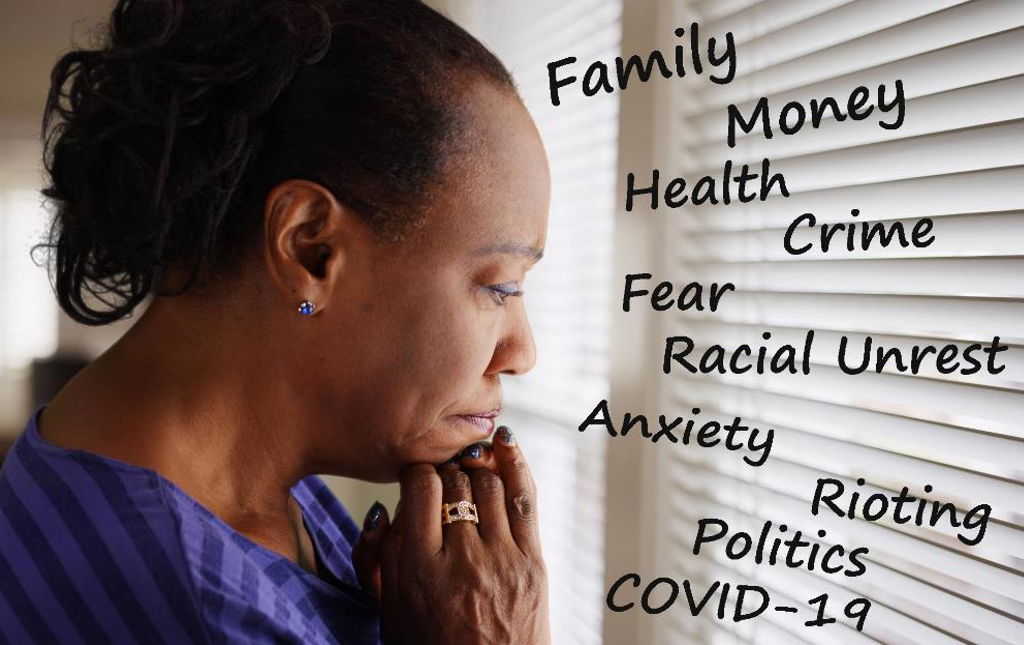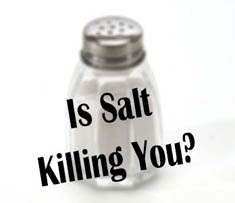African Americans have the worst heart and stroke outcomes of all. African Americans are at a higher risk than White Americans for heart diseases, as evidenced by their:
- 2-fold increased risk for stroke
- 4-fold increased death from stroke
- 2.5-fold increased risk for heart failure
- 1.5 fold increased risk for high blood pressure
- 1.7 fold increased risk for diabetes
Hypertension, or high blood pressure, is a serious health concern, particularly for African Americans in the United States. We have the highest amount of high blood pressure in the country, and it is among the highest in the world. Researchers have conducted numerous studies to identify why we have such horrible heart disease, and they believe uncontrolled high blood pressure (hypertension) is the reason. High blood pressure has been linked to an increased risk of several serious health conditions, including heart attack, heart failure, stroke, and kidney disease.
Even Slightly Higher Blood Pressure is a Problem
It’s important to note that even a slight increase in blood pressure can significantly increase an individual’s risk of developing heart disease. For example, beginning with a blood pressure reading of 115/75, an individual’s risk doubles with every additional rise of 20/10. According to recent data, high blood pressure is present in almost half of Black men and women.
Along with age and family history, other commonly accepted risk factors for high blood pressure include being overweight (obesity), individual and neighborhood socioeconomic status, and various lifestyle factors such as activity level, diet, and smoking.
Some of Our Problem Is STRESS!

A study by Deborah Rohm Young and colleagues found that high blood pressure rates among African Americans did not vary significantly based on neighborhood socioeconomic status or progressive obesity, indicating the need for further research into the root causes of this health issue. This points to “oppression” as a driving force for increased heart disease in Blacks (both rich and poor, educated and uneducated) rather than poverty, lack of insurance, or poor education. This study provides compelling evidence that suggests a curious finding: even African Americans residing in rich suburbs with presumably higher income and greater access to healthier foods and exercise opportunities are unable to escape significantly increased high blood pressure risk.
Salt is Really Bad for You
The research on genetic differences in high blood pressure in African Americans is focused on identifying factors that may contribute to making our health worse. One such factor is the potential existence of a salt-sensitive gene, which has received a lot of attention. The scientists, Jackson Wright, MD and colleagues, conducted a study on salt sensitivity and found African Americans with worse salt-sensitive high blood pressure were prone to more heart disease. Watching your salt is a great first step to decreasing blood pressure and resulting heart disease.
Check Your Own Blood Pressure

Regularly monitoring your blood pressure using a home blood pressure monitor can be an excellent approach to guarantee that your blood pressure medication is effectively reducing your blood pressure. By keeping your blood pressure below 120/80, you can significantly decrease your risk of developing various health complications associated with high blood pressure. Therefore, it is crucial to measure your blood pressure regularly and keep track of your readings to ensure that your risk for heart attack or stroke is at its lowest.












